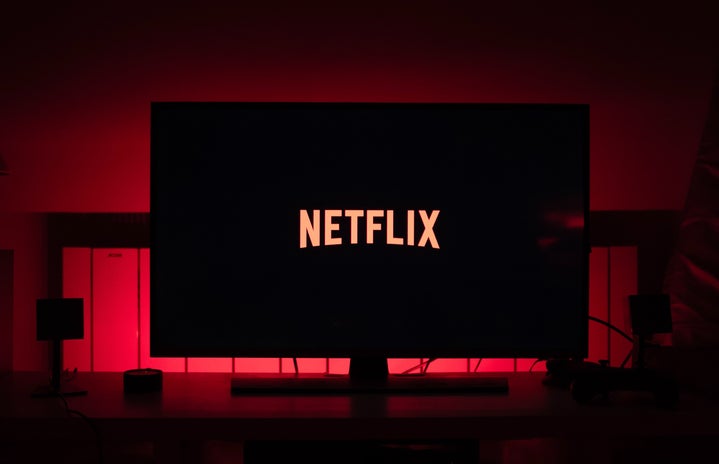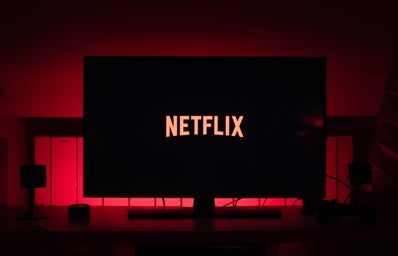Amidst the release of Netflix’s Fyre: The Greatest Party that Never Happened and Hulu’s Frye Fraud, I feel personally compelled to express my opinion on this topic. Most importantly, Billy McFarland attended my high school. I specifically remember having conversations with my friends about how the next entrepreneurial genius of the 21st Century was going to dramatically change the social landscape of millennial culture. We knew of his exclusive credit card business, Magnesis, but were more intrigued of his growing ventures, Fyre Media and the Fyre Festival. McFarland strategically utilized the digital presence of countless social media influencers and famous models to further the reach of Fyre Festival and build a prestigious brand name that epitomized exclusive luxury.
Nobody could question the unprecedented desirability of the Fyre Festival as Bella Hadid and Alessandra Ambrosio skipped along the white beaches of the Bahamas and swam in clear, turquoise water. These short advertisements created a positive illusion that fantasized beauty amongst immense wealth. In doing so, viewers subconsciously longed for the content they saw in Frye Festival’s promo-videos. However, unknown to viewers, these ads represented a completely false reality. McFarland capitalized on social media’s proliferation of visual perfection and, in doing so, convinced a generation of users that they had to attend Fyre Festival. By measuring their level of success through the photographic representation of their personal social media accounts, Millennial users easily fell for this trap.
Teens and young adults who have grown up with Instagram and Facebook autonomously portray a singular version of themselves through content. Therefore, individual pages only represent certain facets of life that the user chooses to publish. However, reactions from other users create a contemporary form of simple communication that drastically changes the types of photos users decide to post. Thus, users post content for the sole reason of pleasing their audience, which creates a pattern that stigmatizes normality and fetishizes photographic perfection.
Instagram users long to curate a page that emphasizes sophistication through perceived wealth, but also accentuates happiness through experience. For example, in Fyre Fraud Jia Tolentino of the New Yorker explains how “there are a lot of people in the millennial generation that are interested in experiences that are effectively pretext for really good Instagrams.” Instagram provides a platform for this false reality where users base their value off exposure and interesting photos. As users can access what others are doing on a regular basis, this movement has led to new developments, such as FOMO (Fear Of Missing Out). Tolentino defines FOMO as “underlying anxiety where if you don’t continue to escalate your visibility, your identity will start to crumble in pieces.” By harnessing the irresistible attractiveness of Fyre Festival, Billy McFarland took advantage of social media users and convinced them that they could not miss out on this opportunity. He explains how people of our generation “love to be a part of the hype. We identify ourselves with what we’re attached to or who’s involved or who follows us.”
Fyre Festival signifies a Millennial reliance on pleasure through social media. In addition, festival advertisement points to the believability and sheer impact social influencers have over their followers. Through quick, effective ads that expressed a hyper-idealized visualization of a music festival in the Bahamas, McFarland easily convinced the Millennials to buy tickets. Persuaded by a trendy entrepreneur, festival attendees believed that they had to join this social phenomenon. Each member of this “Instagram Generation” creates a personal brand for themselves that they positively portray through altered and illusory posts. The Fyre Festival symbolizes a contemporary obsession with personified perfection through these media outlets. As countless Millennials bought tickets to Fyre Festival and epitomize an obsession with ‘the perfect’ Instagram, social media Strategic Vicki Segar ultimately concludes in Fyre Fraud that “if you’re not relevant on social media, if you’re not talked about, you don’t exist.”



